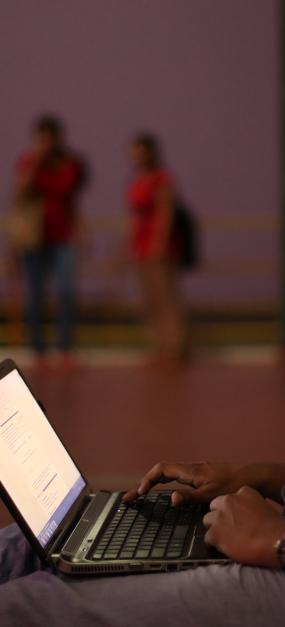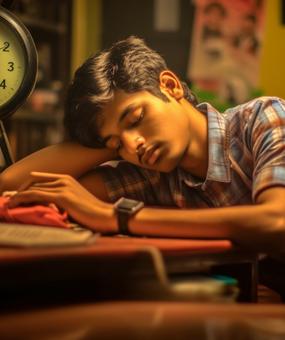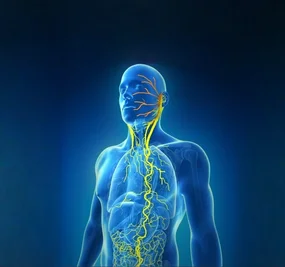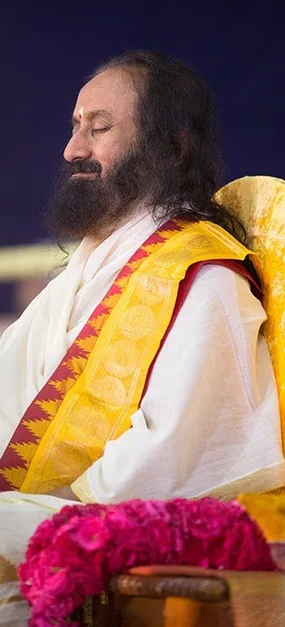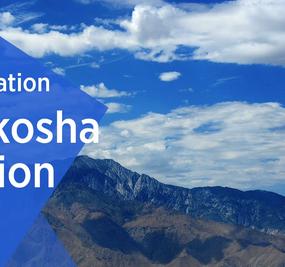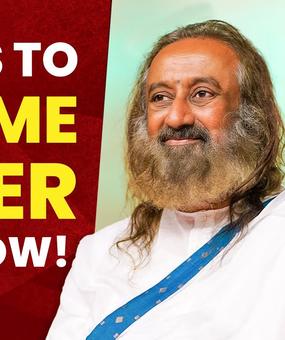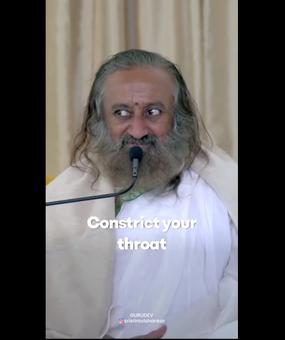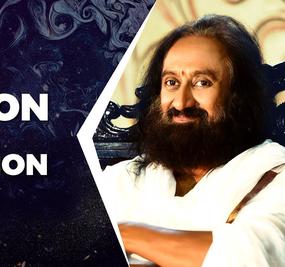Recently, Aamir Khan quit social media. He said that he hardly posted any updates. The news coincided with his announcement to take a break from work. For a generation whose definition of a quick break is social media, can we even think to follow suit?
Life without social media seems unthinkable for many of us. Where else would we learn about Dalgona coffee, who made it to that college friend’s wedding, that cryptic dig by the foreign minister, and cryptocurrency in less than a minute on the same platform?
It is another matter that some of the information we really need in our lives and some we don’t. Some of it makes us laugh and some of it makes us feel not so good about ourselves. There are advantages and disadvantages of social media. The first step to overcoming the disadvantages is awareness of their existence.
7 disadvantages of social media
Distraction
How often does social media delay your important tasks? Not just that, social media has reduced our attention span over the years. That is understandable when hundreds of advertisers, brands, and people fight for your attention for as little as three seconds. It makes you mindlessly scroll through social media when your real intention was just to take a five-minute break.
Loneliness
Picture this: close friends meet over dinner and after dinner, all of them are on their phones. Social media is depleting meaningful relationships. Before social media, calling someone was never something you thought about. Now calling without texting is frowned upon. Social media has made us lonelier than ever. No wonder, a 2018 study found that limiting social media use to ten minutes reduces loneliness and depression.
A decline in mental health
A study showed that a group browsing through social media experienced lower moods than a group just browsing through the internet for the same length of time. People with social media addiction are likely to have depression, social phobia, ADHD, or anxiety. Uncontrolled negativity on social media and the feeling that others’ lives are better – FOMO (the fear of missing out), contribute to a decline in users’ mental health.
Cyberbullying & trolling
India is one of the top three countries where cyber bullying is prevalent. In fact, 85% of Indian kids have experienced cyberbullying, the highest in the world. Trolling, threatening, or intimidating comments and DMs, and personal attacks online all refer to cyberbullying. A person who is cyberbullied is more vulnerable to anxiety, stress, and depression.
Negative effect on physical health
Social media encourages sedentary behavior, which is linked with obesity, heart disease, and various other illnesses. Some of the most immediate health issues that arise because of excess social media use include:
Social media addiction
If you feel you have no control over your social media use, it is likely that you are becoming a social media addict. According to a study, one in three college students in India is addicted to social media. Young’s Internet Addiction Test can help you find out if you are addicted. It is a simple questionnaire that indicates your dependency level with a score.
Lack of privacy
Cyberbullying, stalking, harassment, and online fraud are consequences of a lack of privacy. With personal information like pictures, email addresses, and phone numbers disclosed to the world, malicious elements find it easy to carry out their activities. This makes it essential for users to take control of their privacy settings on every social media platform.
Overcoming the negative effects of social media
You can overcome the negative effects of social media when you start using it mindfully. In simpler terms, being aware of what you are doing. So if you intend to use social media for ten minutes, you don’t extend that time to an hour. Mindfulness helps you control and limit your social media use. Here is how you can become more mindful of social media.
Make some personal rules
Set some rules for yourself that can drive a more positive social media experience. Some ideas:
- Set a time limit: It can be ten minutes to an hour. Your time limit can vary depending on your day. For working days, a lesser time limit; for weekends, a bit longer.
- Trolls: Decide against responding to trolls on posts and DMs to save your mind.
- Mute/report negativity: Don’t waste your time trying to teach anyone a lesson on social media. Mute, report and move on.
- Build positivity: Share positive posts on social media. Comment to praise or appreciate someone’s achievements or posts. Build connections that can help you grow.
- Check privacy settings: Take control of your privacy settings on every social media platform you are on.
- Social media or…: Journal or read a book or clean and organize your room – the list of productive and joyful alternatives to social media are many. Opt for those more often.
Practice breathing and meditation
Yoga and meditation have been proven to be effective in reducing internet dependency. It makes sense. We can regulate our social media use when we are more aware. Breathing practices like Sudarshan Kriya and meditation reduce stress and anxiety and raise our awareness level. So we know when to stop.
Undergo a social media detox
Excessive and unhealthy social media use arises from long-drawn habits. For example, you may be used to checking your phone for an hour every morning. You can change these habits with a social media detox, loosely translated as abstaining from social media use for a set period. An Advanced Meditation Program is an ideal way to undergo a social media detox where you can learn to be with yourself.



